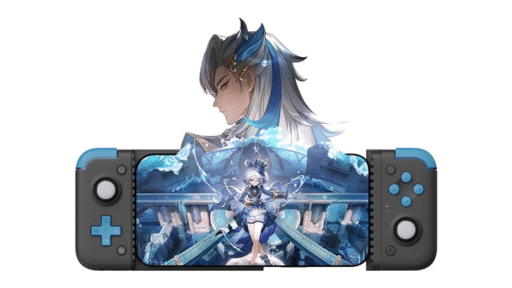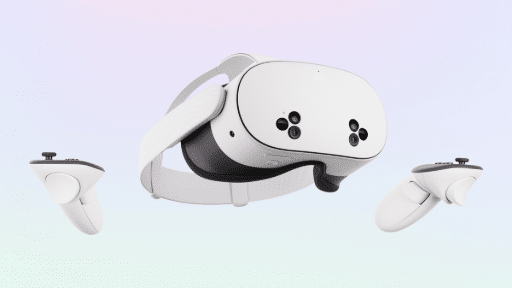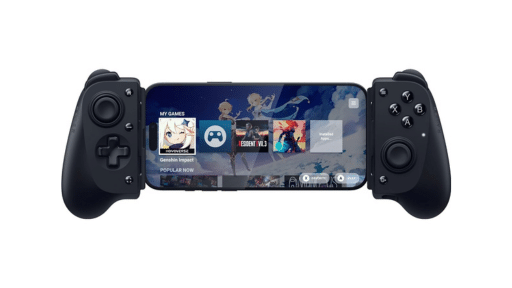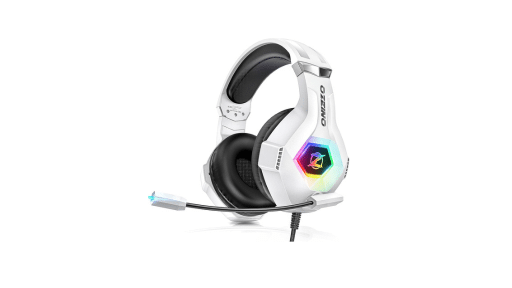
Back in the early 2000s, I spent way too much time glued to my Game Boy Advance, running through duel after duel in The Eternal Duelist Soul. Winning wasn’t always the goal—sometimes I just wanted to open new packs, tweak my deck, and test out ridiculous strategies. Of course, that also meant getting completely wrecked because I didn’t read a card effect properly. It was frustrating, but somehow, that made it even more fun. So when Yu-Gi-Oh! Early Days Collection was announced, I knew I had to check it out.
This collection includes 14 classic Yu-Gi-Oh! games from the Game Boy era, including a few that never made it outside Japan. Some of these were big hits, while others faded into obscurity. Together, they show how Yu-Gi-Oh! evolved from a simple video game adaptation into something closer to the real-life trading card game.
But nostalgia only takes you so far. Do these games actually hold up today? Some are still fun, especially the later entries, but others feel like relics—interesting from a historical perspective but tough to play for long. The added customization options, save states, and manual access help smooth things out a bit, but missing features like fast-forwarding and proper tutorials can make certain games frustrating to revisit.
So is this collection worth jumping into, or is it best left in the past? Let’s take a look.
More Than Just Duels
Most of the games in Yu-Gi-Oh! Early Days Collection keeps the story to a minimum, focusing on dueling rather than deep stories. You challenge opponents, win cards, and move on. But a few games stand out by offering something more than just card battles.
The Sacred Cards and Reshef of Destruction bring RPG elements into the mix, letting you explore the world, talk to characters, and take part in a loose adaptation of the anime’s Battle City arc. Walking around Domino City, running into familiar faces, and dueling on the streets makes the experience feel more immersive than the standard tournament-style progression of the other games. That said, Reshef of Destruction is brutally difficult, throwing you into unfair duels that force constant grinding to progress.
One moment that stuck with me was facing off against an opponent in The Sacred Cards, thinking my deck was solid, only to get wiped out because I didn’t understand the game’s bizarre attribute system. Unlike the real Yu-Gi-Oh! card game, certain monster types outright counter others in ways that aren’t clearly explained, making a 300 ATK monster capable of taking down a high-level dragon. It felt frustrating at first, but once I got the hang of it, the system required a different approach—though I still prefer the real TCG rules.
Beyond those two RPG-inspired games, the rest of the collection follows a straightforward structure: duel, win, and move on. If you’re looking for Yu-Gi-Oh! games with actual stories, these RPG entries offer the most narrative content.

Dueling Through the Years
At its core, Yu-Gi-Oh! Early Days Collection is about dueling. Most of the 14 included games stick to the basic formula: challenge opponents, win duels, earn new cards, and improve your deck. But with games spanning from the original Game Boy to the Game Boy Advance, gameplay varies wildly.
Early games like Duel Monsters II barely resemble the Yu-Gi-Oh! card game as we know it today, using alignment-based monster weaknesses that can instantly decide matches. Later entries, such as Eternal Duelist Soul and World Championship Tournament 2004, bring the game closer to its real-world counterpart. These games feel the most polished, allowing for actual deck-building strategies instead of relying on hidden mechanics or trial-and-error learning.

One match in World Championship Tournament 2004 reminded me why these games can be so addictive. I had carefully built a deck around trap-heavy stall tactics, thinking I could control the pace. It worked for a while—until my opponent dropped Jinzo, shutting down my entire strategy in one move. Watching my setup crumble was frustrating, but instead of giving up, I went back, adjusted my deck, and eventually won after a few rematches. That feeling of adapting and overcoming setbacks is what makes the best Yu-Gi-Oh! games so rewarding.
Beyond the duel simulators, the collection also includes some wild spin-offs. Monster Capsule plays like a simplified tactics game, Dungeon Dice Monsters introduces a board game twist, and Destiny Board Traveler feels like a chaotic mashup of Mario Party and Yu-Gi-Oh!—but with a steep learning curve. Unfortunately, none of these games offer tutorials, forcing you to rely on manuals or trial and error to understand their rules.
To help smooth out the experience, the collection adds some useful customization options. You can remove deck limits, disable Duelist Level restrictions, and even access a cheat menu for easier progression. However, the lack of fast-forwarding in longer duels can make some games feel sluggish.
Whether you’re here for classic dueling or curious about Yu-Gi-Oh!’s stranger experiments, the collection offers plenty to explore. But not every game holds up, and some require more patience than others.

A Retro Duel Revived
Since Yu-Gi-Oh! Early Days Collection is a compilation of games from the Game Boy era, expect blocky sprites, simple animations, and a lot of static card art. There are no major visual upgrades, but Digital Eclipse has added optional screen borders, display filters, and the ability to adjust the screen size. The games remain true to their original look, for better or worse.
One pleasant surprise is the game selection menu. Instead of a basic list, you’re greeted with a carousel of titles, each displayed with its original box art. Flipping through them feels like browsing a shelf of classic Yu-Gi-Oh! games, adding a sense of nostalgia before even starting a duel. The ability to access each game’s original instruction manual is another nice touch, letting you read through old-school rulebooks as they were originally printed.

Some games have visual quirks that make them harder to play today. Certain GBA entries feature animated backgrounds during duels, which can be distracting or even uncomfortable over long play sessions. Destiny Board Traveler has text contrast issues that make reading dialogue difficult. While these aren’t deal-breakers, they stand out when playing multiple games in a row.
The biggest omission is a lack of widescreen support or visual enhancements. Unlike other retro collections, Yu-Gi-Oh! Early Days Collection doesn’t include redrawn assets, updated animations, or any kind of modernized UI. What you see is exactly what you got in the early 2000s.
Despite some limitations, the effort put into preserving the original experience is commendable. The mix of game manuals, box art, and a well-designed menu makes diving into these classic games feel like stepping back in time.

A Time Capsule for Yu-Gi-Oh! Fans
Yu-Gi-Oh! Early Days Collection is an interesting look back at the franchise’s early video game history. With 14 games spanning multiple generations, it offers plenty of content for longtime fans and collectors. The ability to experience Japan-exclusive titles for the first time is a major highlight, and the added customization options make some of these older games more accessible.
However, not every game holds up well today. Some mechanics feel clunky, and missing quality-of-life features like fast-forwarding make certain games harder to enjoy.
Going back to these games was a mix of nostalgia, discovery, and frustration. Seeing the original box art and flipping through those old manuals hit me with a wave of nostalgia. If you’re a longtime fan, there’s plenty here to enjoy—especially if you missed some of these games the first time around. But if you’re just looking for a modern Yu-Gi-Oh! experience, this collection might not be what you’re after.
Yu-Gi-Oh! Early Days Collection

Summary
Yu-Gi-Oh! Early Days Collection pulls together 14 classic games, offering a nostalgic dive into the series’ early days. The duel simulators still hold up, but some mechanics feel outdated, and a lack of tutorials makes certain games frustrating. The spin-offs add variety, though they’re tough to get into without guides. Presentation stays true to the originals, with cool extras like box art and manuals, but don’t expect visual upgrades or major quality-of-life improvements. Longtime fans will appreciate the history, but for casual players, the uneven game selection and missing features make it a tougher sell.
As always, remember to follow us on our social media platforms (e.g., Threads, X (Twitter), Bluesky, YouTube, and Facebook) to stay up-to-date with the latest news. This website contains affiliate links. We may receive a commission when you click on these links and make a purchase, at no extra cost to you. We are an independent site, and the opinions expressed here are our own.










